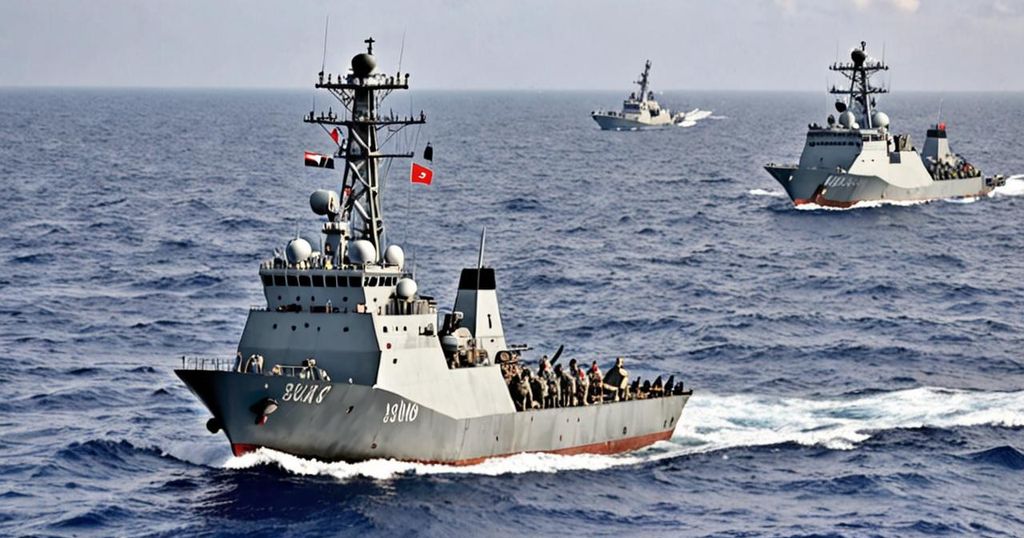The recent tensions in the South China Sea between the Philippines and China have sparked concerns about the escalating situation in the region. Philippine President Ferdinand Marcos Jr. has issued orders to the military to ease tensions, while his military chief is adamant about seeking compensation from China for the damage to vessels involved in a resupply mission to the disputed Second Thomas Shoal last month.
In response to the clashes, Beijing has stated that the Philippines should bear the consequences of its actions, further straining relations between the two countries. This comes after Manila and Beijing concluded a new bilateral negotiation aimed at reinstating trust and confidence in the South China Sea.
President Marcos has taken a different approach from his predecessor, Rodrigo Duterte, by asserting the Philippines’ right to defend its territory. China’s use of force, as demonstrated in the recent clashes, is unnecessary and counterproductive, tarnishing their international image. Dialogue and negotiation are the preferred methods for finding peaceful and lasting solutions.
The tension between the two countries originated from the 2016 ruling of the Hague-based Permanent Court of Arbitration in favor of the Philippines, rejecting China’s claim of ownership of the South China Sea. China’s refusal to adhere to the ruling has contributed to the ongoing dispute, which has also involved other countries in the region, including Brunei, Malaysia, Vietnam, and Indonesia.
While most claimant countries have avoided direct conflict with China, the Philippines has sought support from the United States to counterbalance China’s influence. The lack of solidarity from ASEAN in facing China has left the Philippines disappointed, prompting the country to seek military agreements with the US and Japan.
The tensions in the South China Sea have broader implications for the region, and the involvement of powerful countries like the US and Japan can further complicate the situation. President Joko “Jokowi” Widodo of Indonesia has vowed to protect the Natuna waters from foreign incursion, emphasizing the importance of safeguarding territorial integrity.
It is crucial for China and ASEAN to commit to completing long overdue talks on the Code of Conduct on the South China Sea to prevent further conflicts. The resolution of these disputes requires diplomatic efforts and a genuine willingness to find peaceful solutions that benefit all parties involved.
In conclusion, the recent clashes in the South China Sea highlight the pressing need for constructive dialogue and negotiations to address territorial disputes. The escalation of tensions between the Philippines and China underscores the complexities of the situation, and the involvement of other countries in the region further complicates the issue. It is imperative for all parties to demonstrate a commitment to finding peaceful resolutions and maintaining stability in the South China Sea.

Leave a Reply